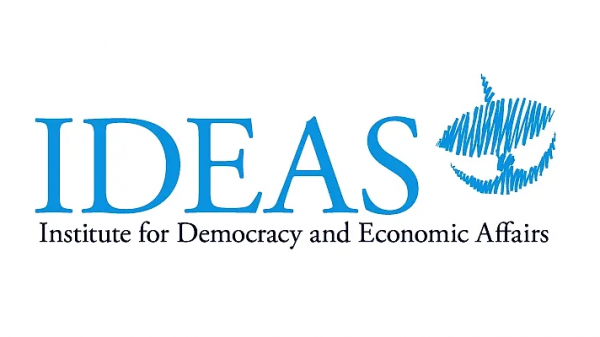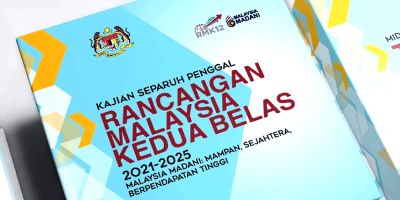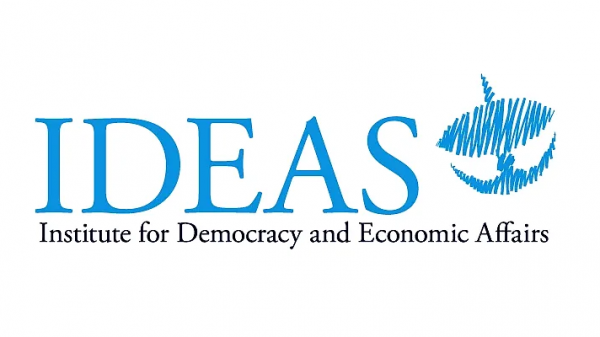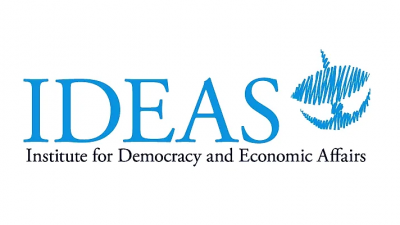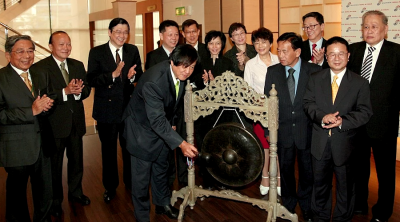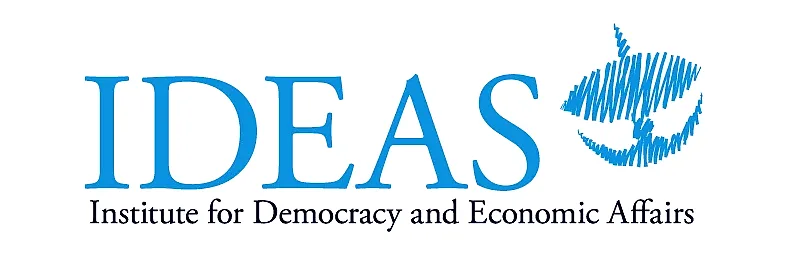
The Institute for Democracy and Economic Affairs (IDEAS) argued that strengthening Malaysia’s skills supply will be key to preparing the services and manufacturing sectors for the Fourth Industrial Revolution (4IR).
This was the argument put forth in IDEAS’ recent policy report titled “Challenges in Hiring and Talent Upskilling in Malaysia as an Upper Middle Income Country: Paving the Way Forward for a Resilient, Skilled Workforce in the Manufacturing and Services Sectors.”
Among the policy recommendations suggested include encouraging greater collaboration between the private sector and training institutions, focusing on upskilling and reskilling people already in the workforce, and streamlining Malaysia’s current Technical and Vocational Education and Training (TVET) programs.
Both manufacturing and services represent major drivers of employment in Malaysia.
The services sector currently represents the largest employer in Malaysia’s labor market in the third quarter of 2022, with 81% of formal workers employed in the services sector.
The second biggest employer is the manufacturing sector, with about 12% of the formal workers based within this sector.
Breaking down the skills sets needed across the economy, it was found that semi-skilled workers represented 62.3% of the Malaysian workforce, while skilled workers represented about a quarter.
As observed by Dr. Tricia Yeoh, CEO of IDEAS, “As an upper middle income country, a sizable semi-skilled workforce backed by a growing skilled workforce is seen as a healthy sign.
“Nevertheless, as Malaysia is expected to become an aging society in the next decade, with already more than 7% of the population aged 65 and above as of 2020, there is an urgency to develop our skilled workforce before we enter into the aged society status, where the trend would be irreversible.”
As observed by IDEAS, one major factor hindering Malaysia’s ongoing development is the lack of skilled workers.
Given that skills today are both emerging and becoming redundant at a rapid pace, Malaysia’s ability to identify and create those skills must be just as fast.
Besides just focusing on technical skills, the Malaysian education system should shift towards a more holistic model which also imparts necessary soft skills such as communications, marketing, teamwork and leadership.
Dr. Juita Mohamad, Director of Research and Director of the Economics and Business Unit, also points to the several challenges facing skills institutions in meeting current and future skills demand.
“For one thing, the current governance model of the TVET system in Malaysia is complicated, with multiple government ministries overseeing TVET and TVET accreditation systems,” states Dr. Juita.
“There is also inadequate collaboration between industry and skills institutions, which prevents the latter from developing a clear, accurate understanding of what employers are looking for in candidates.
“Lastly, access to labor market information, including current and future skills, will be crucial to ensuring Malaysia’s skills supply can meet skills demand.”
In response to these challenges, IDEAS’ report lays out several policy recommendations. Among these include improving the training and upskilling of local workers, encouraging greater collaboration between the private sector and training institutions, focusing on upskilling and reskilling people already in the workforce, encouraging the education system to focus more on soft skills, and streamlining Malaysia’s current TVET programs.
Finally, a more structured approach in targeting MSMEs with support is also called for.
ADVERTISEMENT
ADVERTISEMENT






